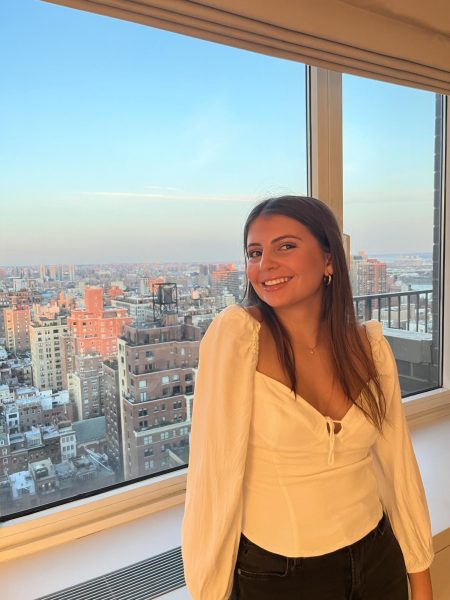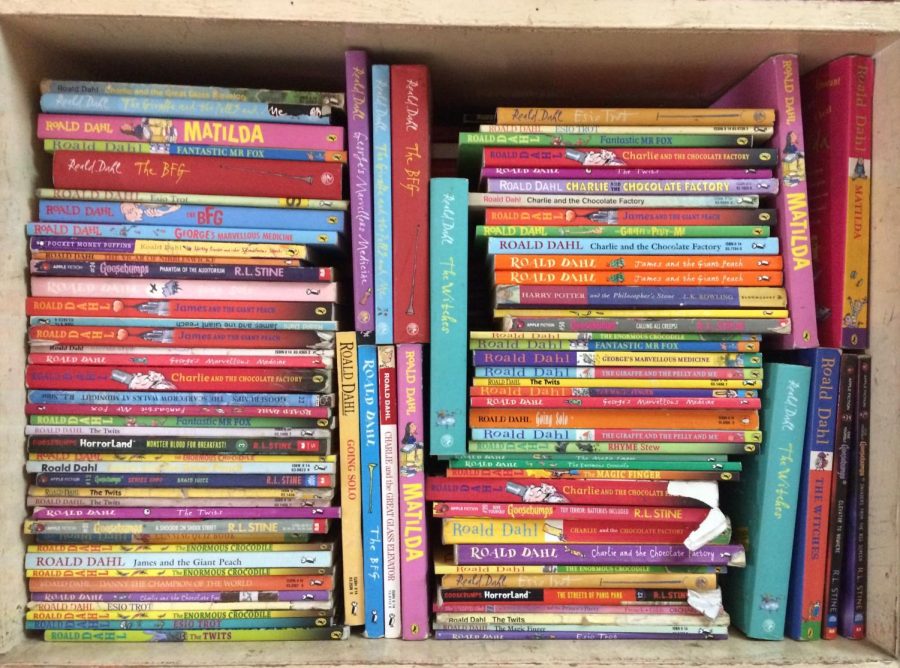Roald Dahl’s Company is Crossing the Line of Sensitivity to Oppressiveness
If words in Roald Dahl’s novels can be changed, what’s stopping other author’s works from being edited as well?
Roald Dahl is essential in children’s literature.
These past few weeks readers and internet users have learned about the changes to Roald Dahl children’s stories.
Dahl gained fame for his children’s novels (21 in total), and some of his most well known ones include Matilda, Charlie and the Chocolate Factory, BFG, The Witches, and Fantastic Mr. Fox. He lived from 1916 until 1990, but his name is still commonly heard today; recently Matilda was turned into a movie-musical through Netflix’s production.
However, Dahl’s company, The Roald Dahl Story Company, alongside publication house Puffin, have been changing “offensive” words within his children’s books. One example includes changing fat to enormous when describing Augustus Gloop, a character from Charlie and the Chocolate Factory that is known for eating excessive amounts of sweets. There are a few problems with this substitution.
First, by taking out the word fat it takes out some diversity in his books. People come in all shapes and sizes, and there is nothing wrong with expressing that in a children’s book. Secondly, is replacing fat with enormous much better? Thirdly, the group behind these changes is an organization called “Inclusive Minds”. Ironically, their website states “Inclusive Minds do not edit or rewrite texts, but provide book creators with valuable insight from people with the relevant lived experience that they can take into consideration in the wider process of writing and editing.”, yet isn’t that exactly what they did, or contributed to? Furthermore their website says “Every child should be able to find themselves in books, so mainstream books need to represent every child.”. By taking out the word fat, aren’t they limiting diversity?
Editors have also edited out words describing race. Black or white is simply taken out, but for what reason? Diversity’s definition (according to Oxford Dictionary) is “the state of being diverse; variety.”– is eliminating race from stories showing variety?
While it’s funny to joke about sensitive people offended by everything possible, the reality of this situation is quite scary. In George Orwell’s 1984, something major the oppressive government partakes in is literally rewriting history. If words in Roald Dahl’s novels can be changed, what’s stopping other author’s works from being edited as well?



